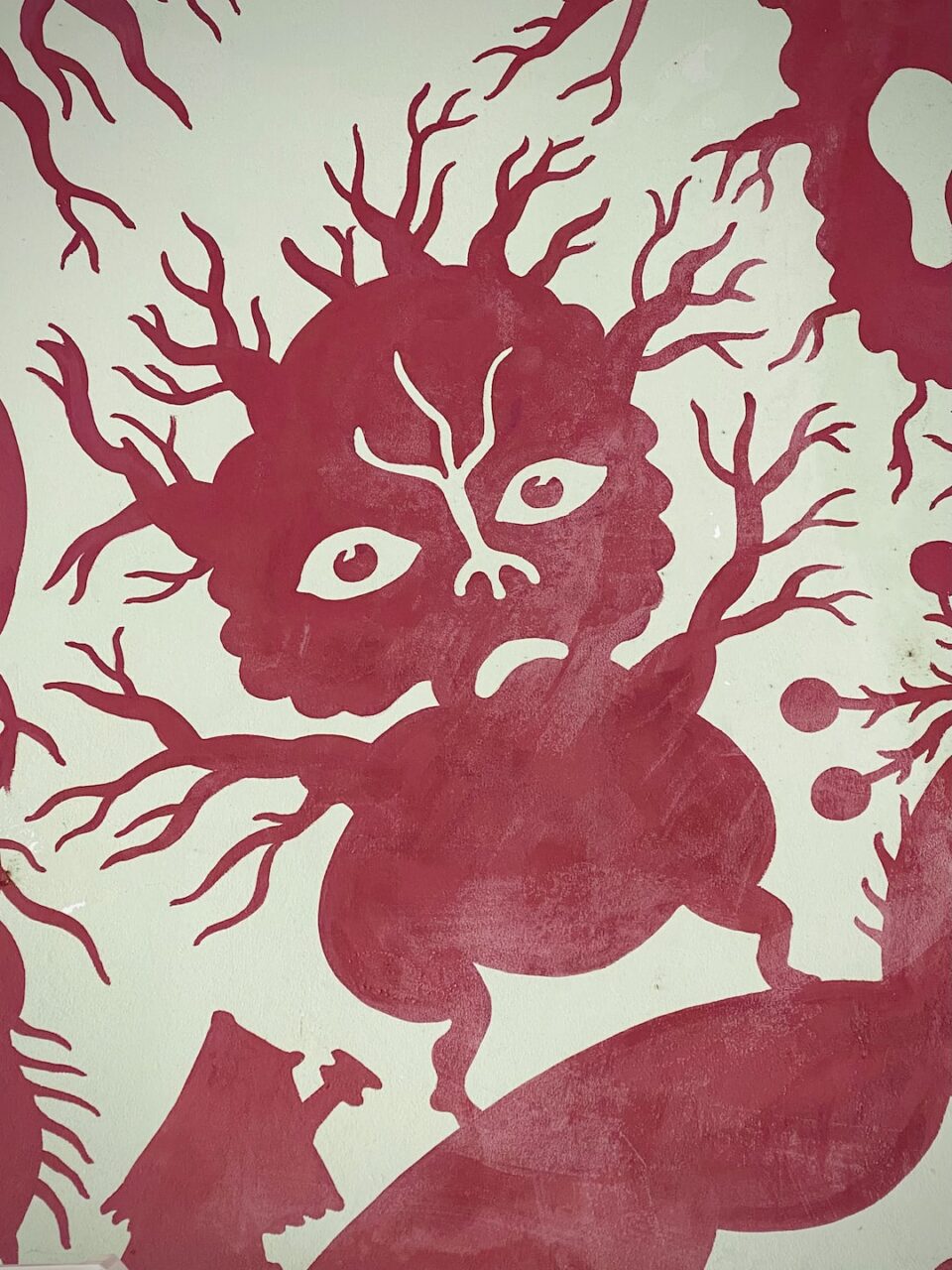Animation is an art form used to create and bring to life characters and stories in a way that captures the imagination and engages the audience. It is a medium that has continued to evolve and grow over the years, with increasingly sophisticated technology and new techniques being introduced to enhance the animation experience.
The art of animation begins with the creation of the character. This involves designing the look and feel of the character, from their physical appearance to their personality traits and mannerisms. The animator must then bring these characteristics to life through movement and expression. In order to achieve this, they use a variety of techniques, such as posing, timing, and anticipation, which combine to create the illusion of life on the screen.
One of the most important aspects of animation is the storytelling. Characters are brought to life in order to tell a story, and the animator must work carefully in order to ensure that the story is conveyed effectively to the audience. This involves not only creating a compelling plot, but also developing engaging characters that the audience can relate to and care about.
Once the character and story have been established, the animation process can begin. This involves creating a series of drawings or animation frames that depict the character in various stages of movement. These frames are then compiled and played back at high speed, creating the illusion of motion. The animator must carefully consider not only the movement of the character, but also their surroundings, in order to create a sense of environment and depth to the scene.
Computer animation has become increasingly popular in recent years, providing an even greater range of creative possibilities. Computer animation allows for greater control over the animation process, resulting in a more polished and sophisticated look to the final product. In addition, computer animation allows for 3D models and environments to be created, providing an even greater level of immersion for the audience.
One of the great things about animation is its ability to appeal to audiences of all ages. From children’s cartoons to feature-length films, animation has the ability to capture the imagination and entertain in a way that other mediums cannot. The art of animation is constantly evolving, as new technology and techniques are introduced, resulting in a rich and diverse art form that continues to push the boundaries of creativity and innovation.
In conclusion, the art of animation is a complex and fascinating field that requires a great deal of skill, creativity, and dedication. From character design to storytelling and animation, every aspect is crucial in bringing a story and characters to life in a way that captures the audience’s imagination and engages them on an emotional level. Regardless of how the animation is created, whether through traditional hand-drawn techniques or through sophisticated computer animation software, the ultimate goal remains the same: to create a work of art that tells a compelling story and leaves a lasting impression on the viewer.


